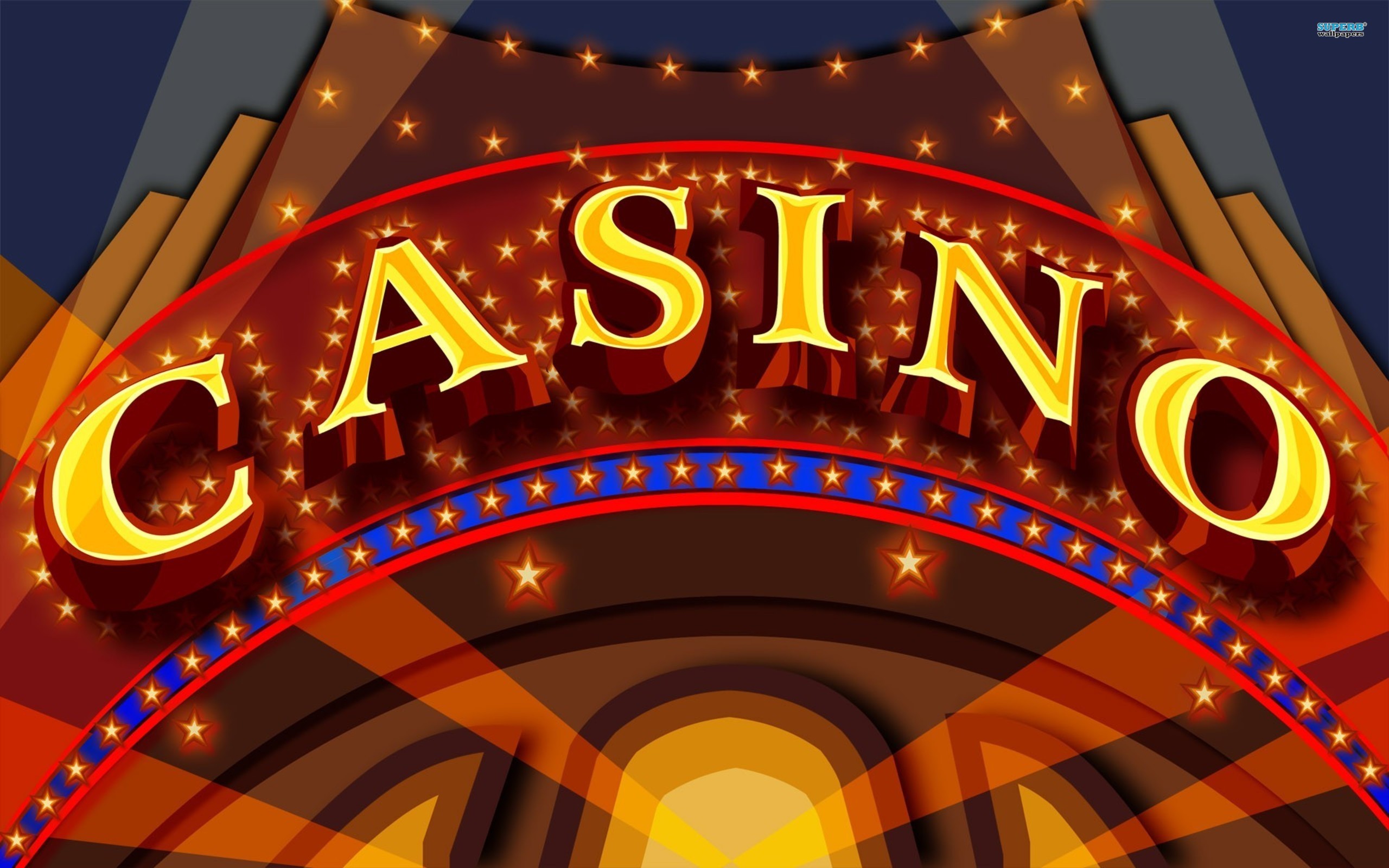
This appeal of casino-related activities has mesmerized countless individuals around the globe for ages. From the turning roulette wheel to the noise of shuffling playing cards, the rush of chance and skill intertwines to create an energetic atmosphere that attracts people in. These entertainments are not just hobbies; they have grown into an essential part of the cultural industry, growing into a global phenomenon that spans opulent getaways, dynamic internet casinos, and everything in between.
As the desire for distinct and immersive encounters continues to expand, the stories behind the triumph of gambling games reveal a fascinating landscape. Entrepreneurs and developers are constantly extending the limits of imagination and originality, resulting in the rise of fresh entertainments and engaging tech. Investigating these narratives gives us understanding into the effort needed to create a casino game empire and the dedication that propels those operating behind the scenes.
The Progression of Gambling Games
Gambling games have a vast past that stretches back centuries, with their beginnings frequently connected with ancient rituals and communal events. The earliest forms of gambling can be connected back to long-ago Chinese civilization, where games involving dice were enjoyed, and even to the Romans who partook in betting on various events. Over time, these primitive games evolved into more organized forms, resulting in the creation of games like baccarat and roulette in the 17th century. These early casino games laid the basis for the field we experience today.
As the world advanced, so did the sophistication and variety of casino games. The 19th century marked a crucial shift with the establishment of official gambling establishments in places like Monte Carlo and Las Vegas. This era saw the rise of famous games such as poker and blackjack, which fascinated the interests of players around the world. The rise of these games was fueled by innovations in game design and the implementation of gambling laws that made the industry more regulated and attractive to the general populace.
The technological revolution in the final 20th and early 21st centuries altered the landscape of gambling options yet again. The advent of the internet resulted in virtual casinos, enabling users to enjoy their preferred games from the convenience of their homes. This shift not only broadened the reach of gambling options but also opened up new types like live dealer games and mobile gaming apps. Ga179 Today, the casino game industry continues to progress, with cutting-edge technologies such as virtual reality and blockchain promising reshape the prospects of gambling.
Effective Game Development Techniques
The cornerstone of a flourishing casino game empire lies in the creation of entertaining and unique games that captivate players. A successful strategy entails thorough market research to grasp current trends and player preferences. By analyzing user feedback and observing popular titles, developers can recognize what resonates with players and what features are in request. Including unique themes, varied game mechanics, and artistically appealing graphics are vital to stand out in a challenging landscape.
Collaboration is another key component of effective game development. Uniting talented designers, programmers, and mathematicians ensures that games are simultaneously visually captivating but also fair in terms of gameplay. Encouraging clear communication among team members fosters creativity and leads to cutting-edge concepts. Moreover, connecting with players during the beta testing phase allows developers to gather insightful insights that can fine-tune gameplay elements before the official launch.
Lastly, effective marketing strategies cannot be ignored in creating a successful casino game empire. Creating a captivating narrative around the game and utilizing online media platforms to create hype can greatly impact player acquisition. Offering incentives, loyalty rewards, and participating in community events can further enhance player retention. By blending strong development practices with astute marketing, game developers can create an immersive experience that keeps players coming back for more.
A Outlook of Gambling Gaming
The landscape of gambling play is evolving quickly, driven by advancements in tech and shifting consumer tastes. Digital and portable gaming is set to dominate the sector as more gamblers seek accessibility and access. Augmented VR and augmented reality are also entering into the casino experience, providing immersive environments that elevate traditional gaming to a new standard. As players crave more participatory and entertaining experiences, casinos will need to adapt and innovate to keep their audience interested.
Additionally, the integration of artificial intelligence and information analysis will play a major role in defining the future of gambling gaming. Casinos will leverage information to analyze player actions, tailor experiences, and improve client service. Personalization will become key, as players will want plays that modify to their preferences and gaming habits. As the gambling industry utilizes these understandings, the development of novel game formats and elements will probably emerge, keeping the gambling experience fresh and thrilling for everyone.
Moreover, the movement towards responsible gaming is becoming increasingly notable. As authorities and players focus more on gambler well-being, casinos will need to introduce measures that encourage safe play practices. This could include options that allow gamblers to set limits on their spending and playtime, as well as better resources for those who may be dealing with gambling addiction. By focusing on safe play, casinos can build trust with their clientele and ensure a lasting future in the challenging landscape of gambling gaming.
